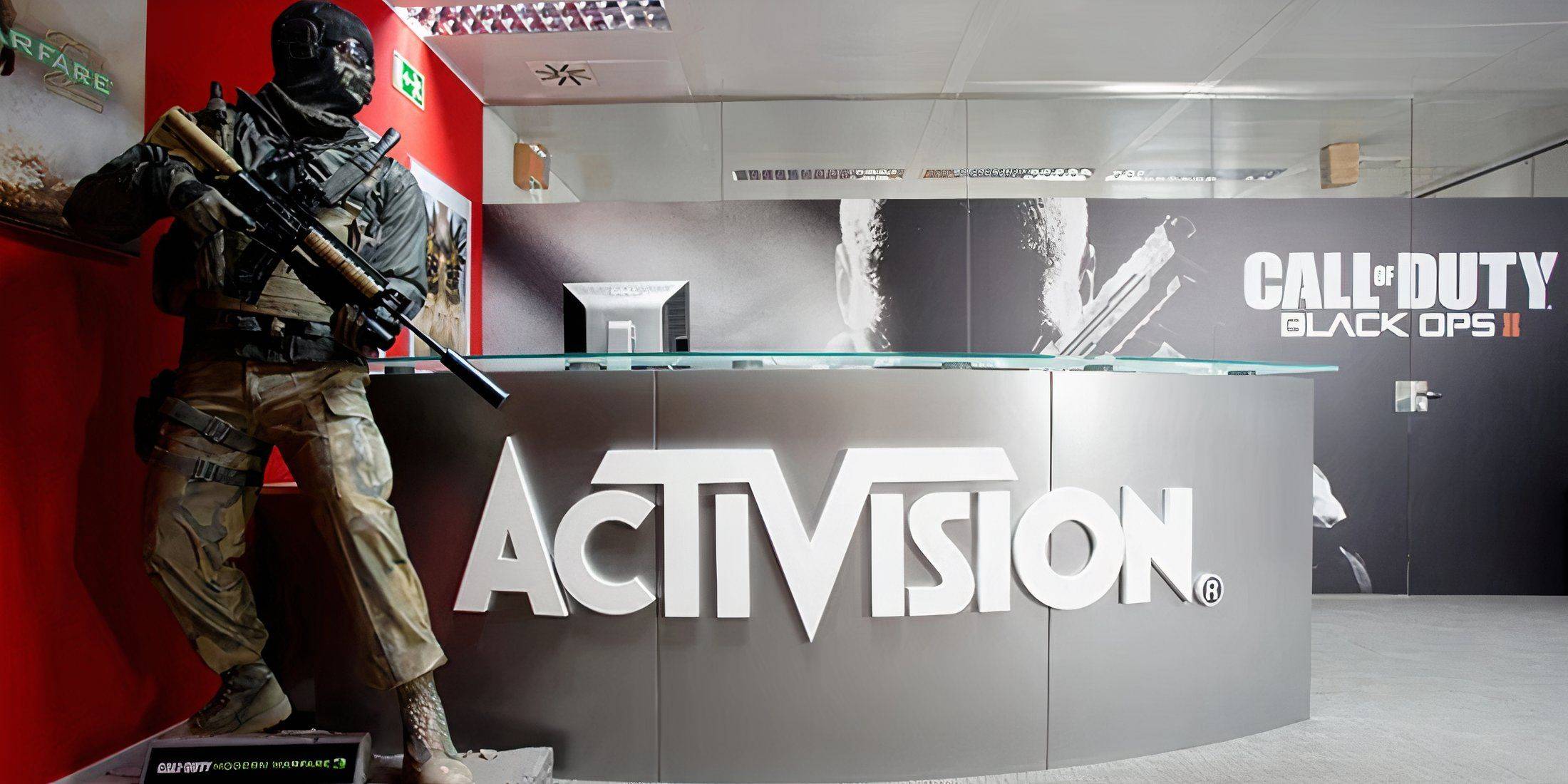
Activision Rebuts Uvalde Lawsuit Claims, Citing First Amendment Protections
Activision Blizzard has filed a robust defense against lawsuits linking its Call of Duty franchise to the 2022 Uvalde school shooting tragedy. Filed in May 2024 by families of the victims, the lawsuits allege the shooter was influenced by the game's violent content. Activision's December filing, totaling 150 pages, vehemently denies these claims.
The May 24, 2022, massacre at Robb Elementary School claimed the lives of 19 children and two teachers, injuring 17 others. The shooter, a former Robb Elementary student, was a known Call of Duty player, having downloaded Modern Warfare in November 2021 and using an AR-15 rifle – a weapon similar to those depicted in the game. The lawsuit also implicated Meta, alleging its Instagram platform facilitated the shooter's connection to firearm manufacturers, exposing him to AR-15 advertisements. The plaintiffs argued that both Activision and Meta fostered a harmful environment that encouraged violent behavior in vulnerable adolescents.
Activision's response invokes California's anti-SLAPP laws, designed to protect free speech from frivolous litigation. The company asserts that Call of Duty, as an expressive work, is protected under the First Amendment, arguing that the lawsuit's claims regarding "hyper-realistic content" infringe upon this fundamental right.
Supporting its defense, Activision submitted declarations from experts. Notre Dame professor Matthew Thomas Payne's 35-page statement contextualizes Call of Duty within the tradition of military realism found in film and television, refuting the lawsuit's characterization of the game as a "training camp for mass shooters." A 38-page declaration from Patrick Kelly, Call of Duty's head of creative, details the game's development, including the $700 million budget allocated to Call of Duty: Black Ops Cold War.
The Uvalde families have until late February to respond to Activision's comprehensive defense. The outcome remains uncertain, but this case highlights the ongoing debate surrounding the link between violent video games and mass shootings.
















